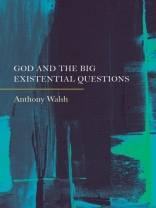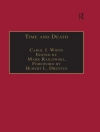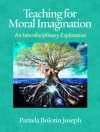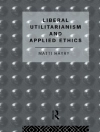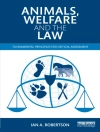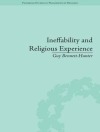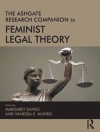Existential questions are deep and profound, philosophical questions that concern our very existence, such as "How did we get here"? "What is the meaning and purpose of my life’? "Is there a God"? and "What happens to me when I die"? Humans have been asking these questions for as long as we have been able to think and reason, and each possible answer spawns a host of additional questions. Existential questions are perhaps ultimately unanswerable, but we must accept the challenge and try, and must entertain the possibility that they may be. The author looks to science and philosophy for answers to such questions. Both modes of thought seek knowledge in their own manner, but philosophers must develop a greater tolerance for ambiguity than scientists because they ask many questions that are only partially amenable, or not at all, to empirical testing, and for which there are no universally agreed upon answers. Philosophy thus ventures into areas that science cannot or will not go. Scientists and philosophers work with different goals and are judged by different standards, although they both share the tools of logic, conceptual analysis, and rigorous argumentation. Questions for which we can acquire definite answers though mathematics and experimentation are the realm of science; questions for which we have no definite answers are the grist for the philosopher’s mill. It is this intellectual uncertainty in which the value of philosophy resides because it engages a liberating doubt.
Anthony Walsh
God and the Big Existential Questions [PDF ebook]
God and the Big Existential Questions [PDF ebook]
Compre este e-book e ganhe mais 1 GRÁTIS!
Formato PDF ● Páginas 212 ● ISBN 9781804412794 ● Editora Ethics International Press ● Publicado 2023 ● Carregável 3 vezes ● Moeda EUR ● ID 9386747 ● Proteção contra cópia Adobe DRM
Requer um leitor de ebook capaz de DRM
